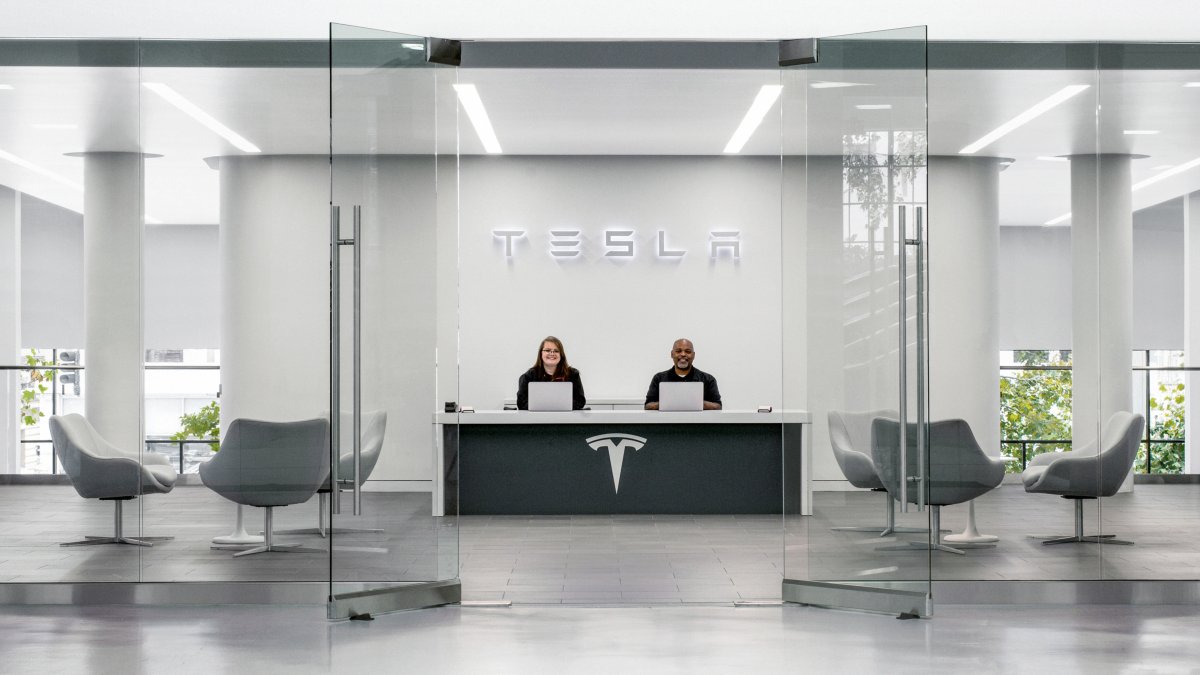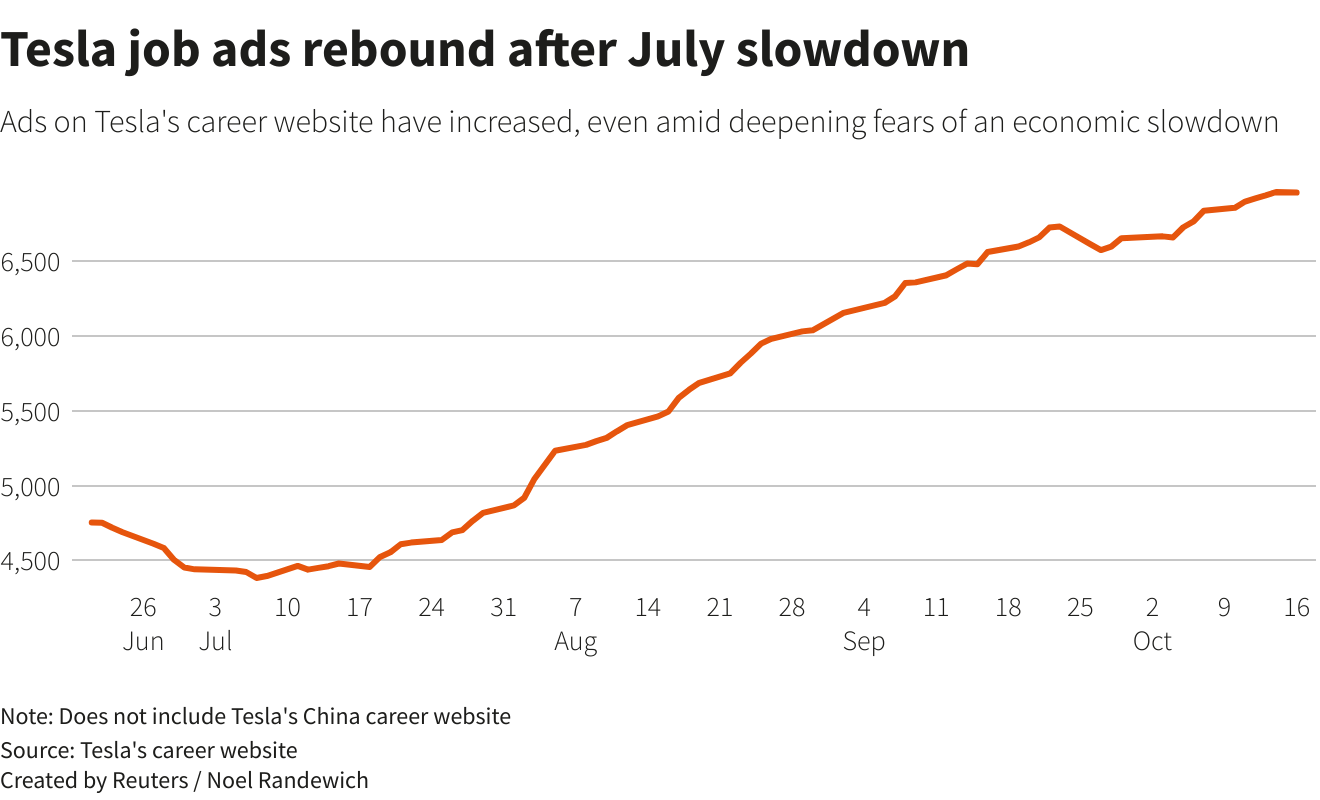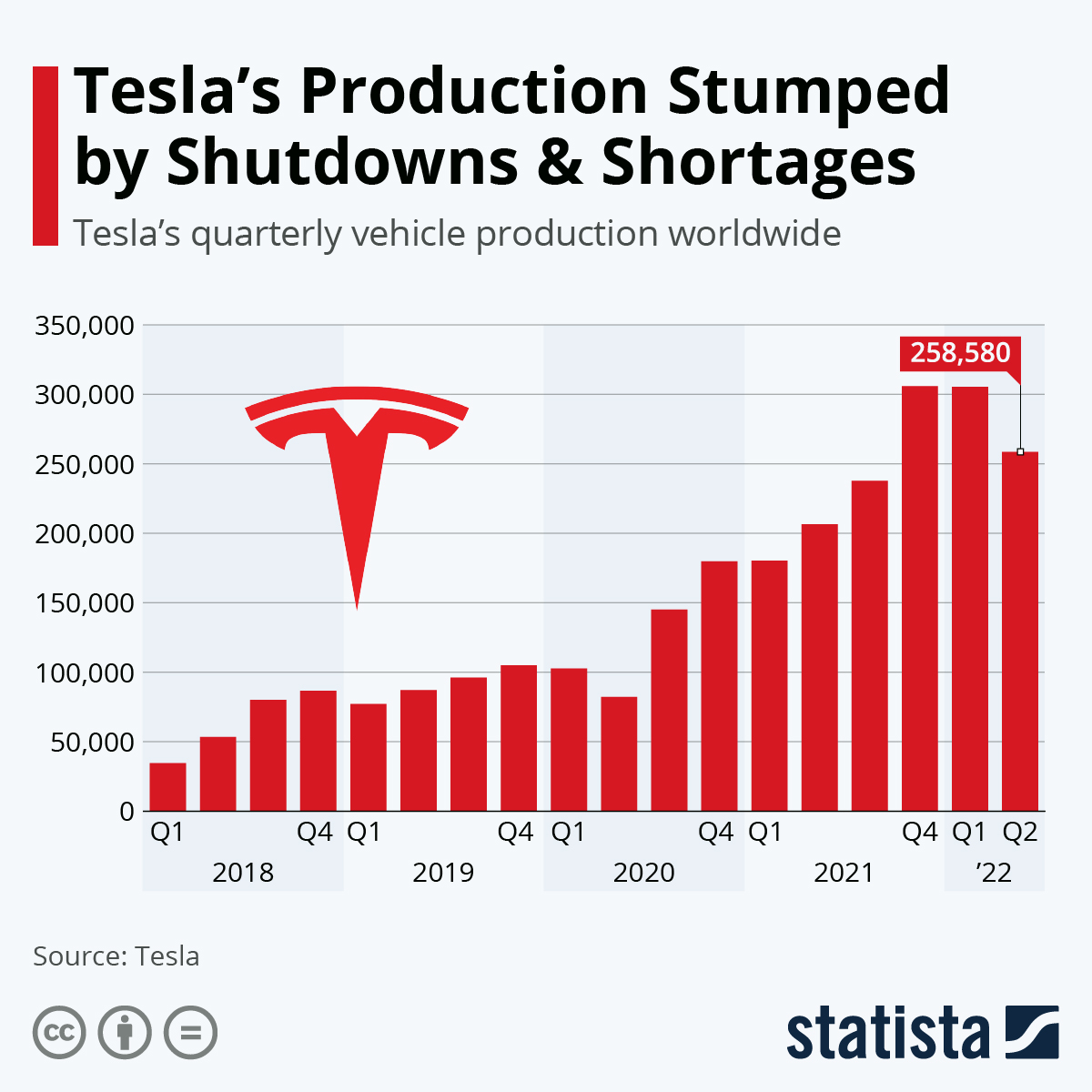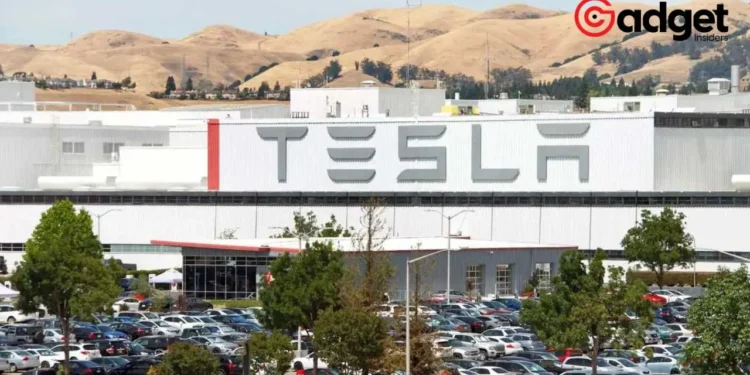Tesla, the pioneering electric vehicle manufacturer spearheaded by the charismatic and often controversial Elon Musk, finds itself at a crossroads. Recent reports hint at a potential new wave of layoffs, stirring unease among its global workforce and sparking discussions about the company’s future direction and the broader implications for the electric vehicle industry.

A Glimpse into Tesla’s Operational Challenges
At the heart of the storm is a Bloomberg News report suggesting that Tesla has embarked on a critical evaluation of its workforce. Managers have been tasked with scrutinizing the indispensability of each role within the organization.
This move, coming in the wake of canceled biannual performance reviews, has inevitably led to speculation about impending job cuts.
This development is not occurring in isolation. Tesla, a company that has revolutionized the auto industry with its innovative electric vehicles and ambitious vision for a sustainable future, is navigating through what can only be described as ‘tough times.’
The company’s shares have taken a significant hit, plummeting by over 25% in the early months of 2024. This downward trajectory is compounded by strategic price reductions in key markets such as China, aimed at stimulating demand but at the cost of eroding profit margins.
Tesla's revenue per employee lags rivals. Layoff fears rise. Stock drops. #Tesla #EV #Musk pic.twitter.com/zO7rvGRg1p
— Tech Trend Hub (@TechTrendHub) February 11, 2024
The backdrop to these challenges is a fiercely competitive landscape. Its dominance in the electric vehicle sector is being contested, notably by China’s BYD, which overtook Tesla in sales in the final quarter of the previous fiscal year.
This shift is emblematic of the broader competitive pressures and market dynamics at play, reflecting both the opportunities and obstacles inherent in the rapidly evolving electric vehicle market.
Musk’s Leadership: A Double-Edged Sword
Elon Musk, a figure synonymous with innovation, ambition, and controversy, is at the center of Tesla’s current predicament.
His leadership style, characterized by a relentless pursuit of excellence and a ‘hardcore’ ethos, has been a driving force behind the company’s successes. Yet, it has also been a source of tension and uncertainty, especially in times of organizational strain.

Musk’s approach was notably evident in his handling of Twitter’s (now X) workforce, where he issued ultimatums that underscored his uncompromising expectations. This same ethos seems to pervade Tesla’s operations, as evidenced by the recent layoffs in New York under the pretext of performance, yet shadowed by allegations of anti-union motivations.
Navigating the Future
As Tesla grapples with these internal and external pressures, the path forward is fraught with challenges but also opportunities for recalibration and growth. The company’s ability to innovate, adapt to market dynamics, and refine its operational strategies will be critical in maintaining its leadership position in the electric vehicle industry.

For Tesla’s workforce, the uncertainty is palpable. Yet, it is also a moment that calls for resilience and adaptability, qualities that are essential in an industry characterized by rapid technological advancements and shifting market demands.
Tesla’s journey is emblematic of the broader narratives that define the electric vehicle sector: innovation, competition, leadership, and the relentless pursuit of a sustainable future. As the company navigates through these turbulent times, its actions will not only shape its own destiny but also the future of mobility worldwide.










